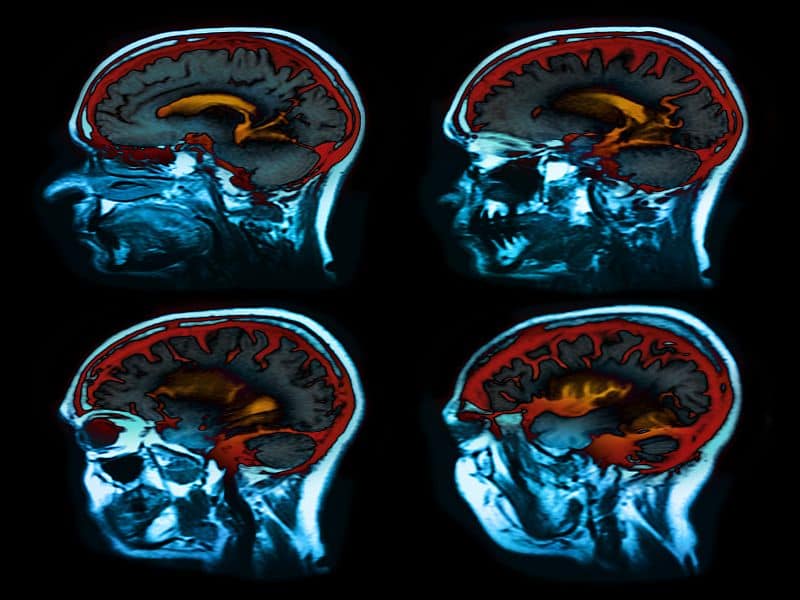WEDNESDAY, Sept. 30, 2020 (HealthDay News) — A deep learning model can detect large vessel occlusion (LVO) using multiphase computed tomography (CT) angiography, according to a study published online Sept. 29 in Radiology.
Matthew T. Stib, M.D., from Brown University in Providence, Rhode Island, and colleagues developed a convolutional neural network to detect LVOs in 540 adults with suspected acute ischemic stroke (270 positive and 270 negative). The examinations were split 80, 10, and 10 percent for training, validation, and test sets, respectively. Seven combinations of convolutional neural network model experiments were created using the three phases of CT angiography (arterial, phase 1; peak venous, phase 2; and late venous, phase 3); model performance was assessed on the held-out test set (62 patients).
The researchers found that single-phase CT angiography achieved an area under the receiver operating characteristic curve (AUC) of 0.74, with sensitivity and specificity of 77 and 71 percent, respectively. The AUC was 0.89 for phases 1, 2, and 3 together, with sensitivity and specificity of 100 and 77 percent, respectively, which represented a statistically significant improvement relative to single-phase CT angiography. There was also improved fit noted for phases 1 and 3 and phases 2 and 3 relative to a single phase.
“Our work is an important first step in incorporating deep learning to triage LVOs in the emergency setting and has the potential to shorten the time to LVO detection with ultimate improvements in patient outcomes,” the authors write.
One author disclosed financial ties to the medical device industry.
Editorial (subscription or payment may be required)
Copyright © 2020 HealthDay. All rights reserved.


